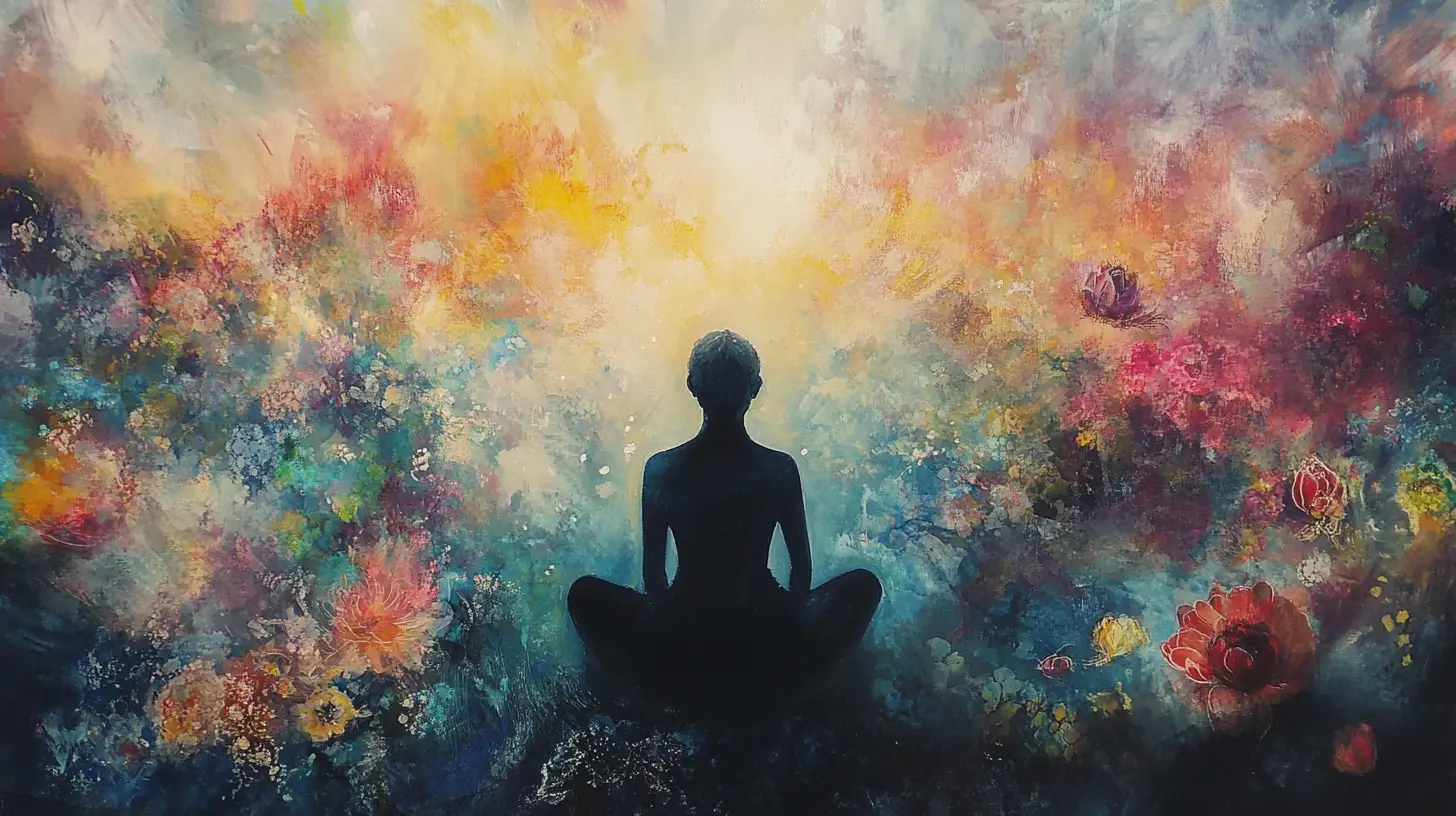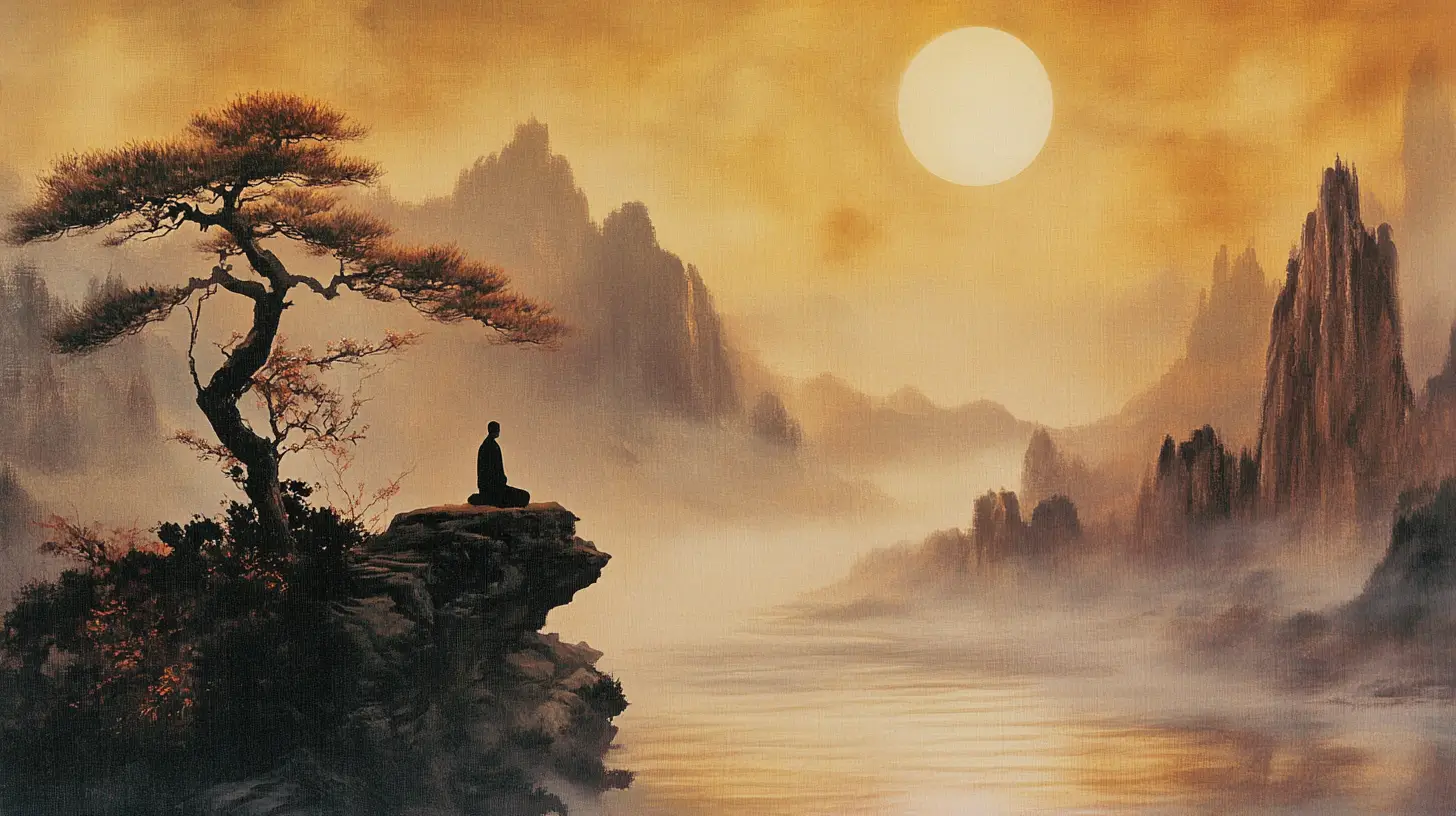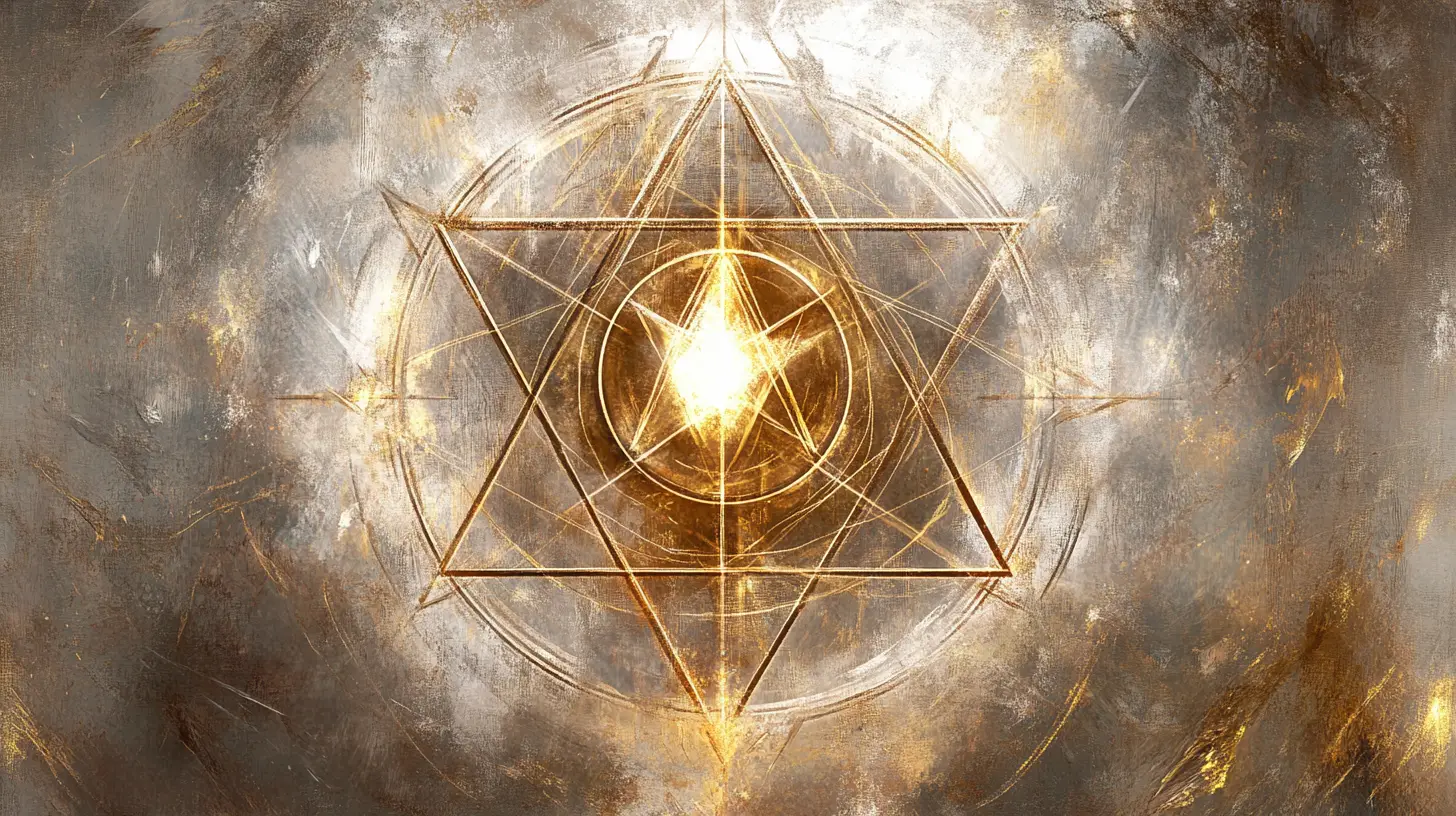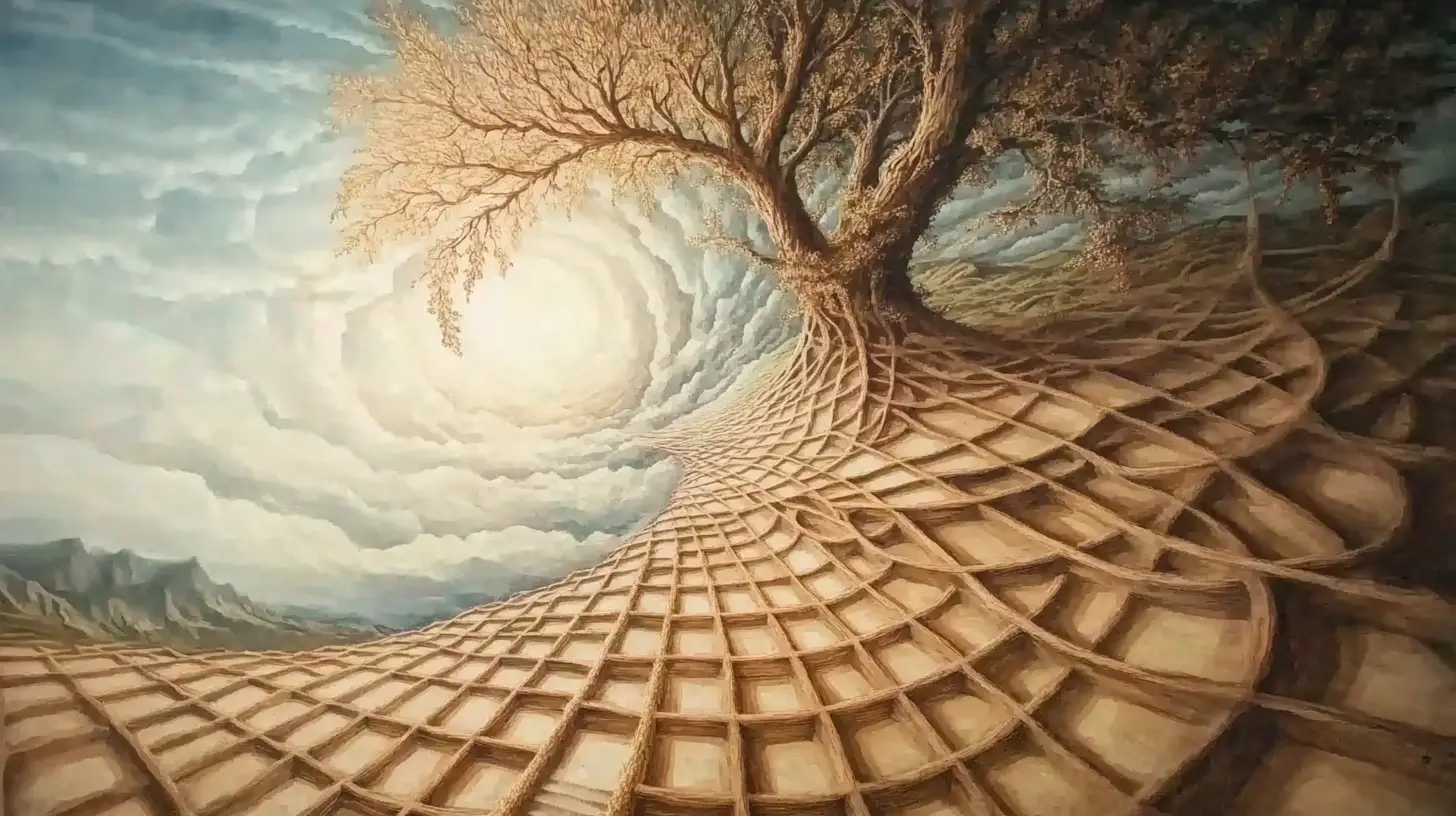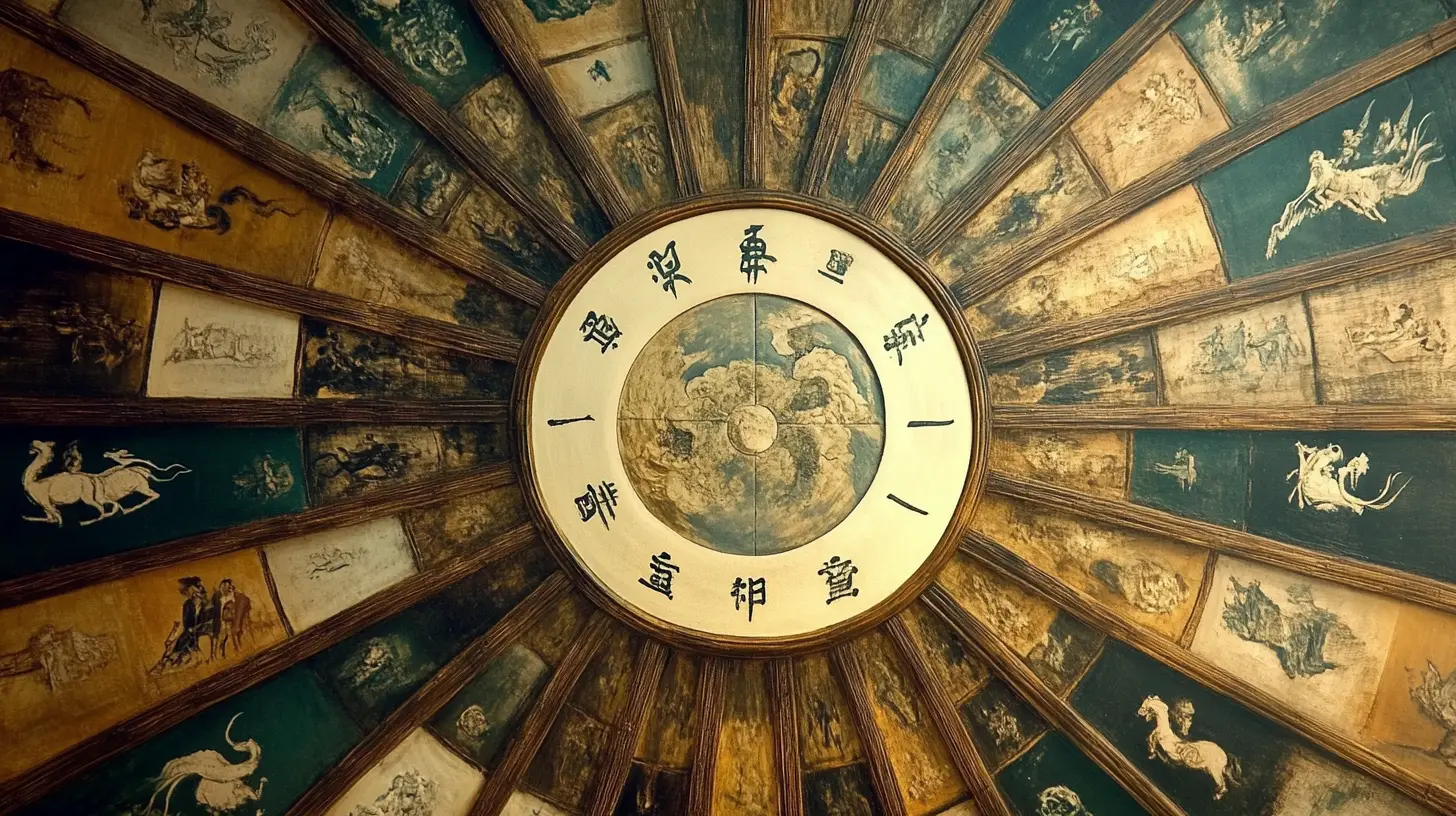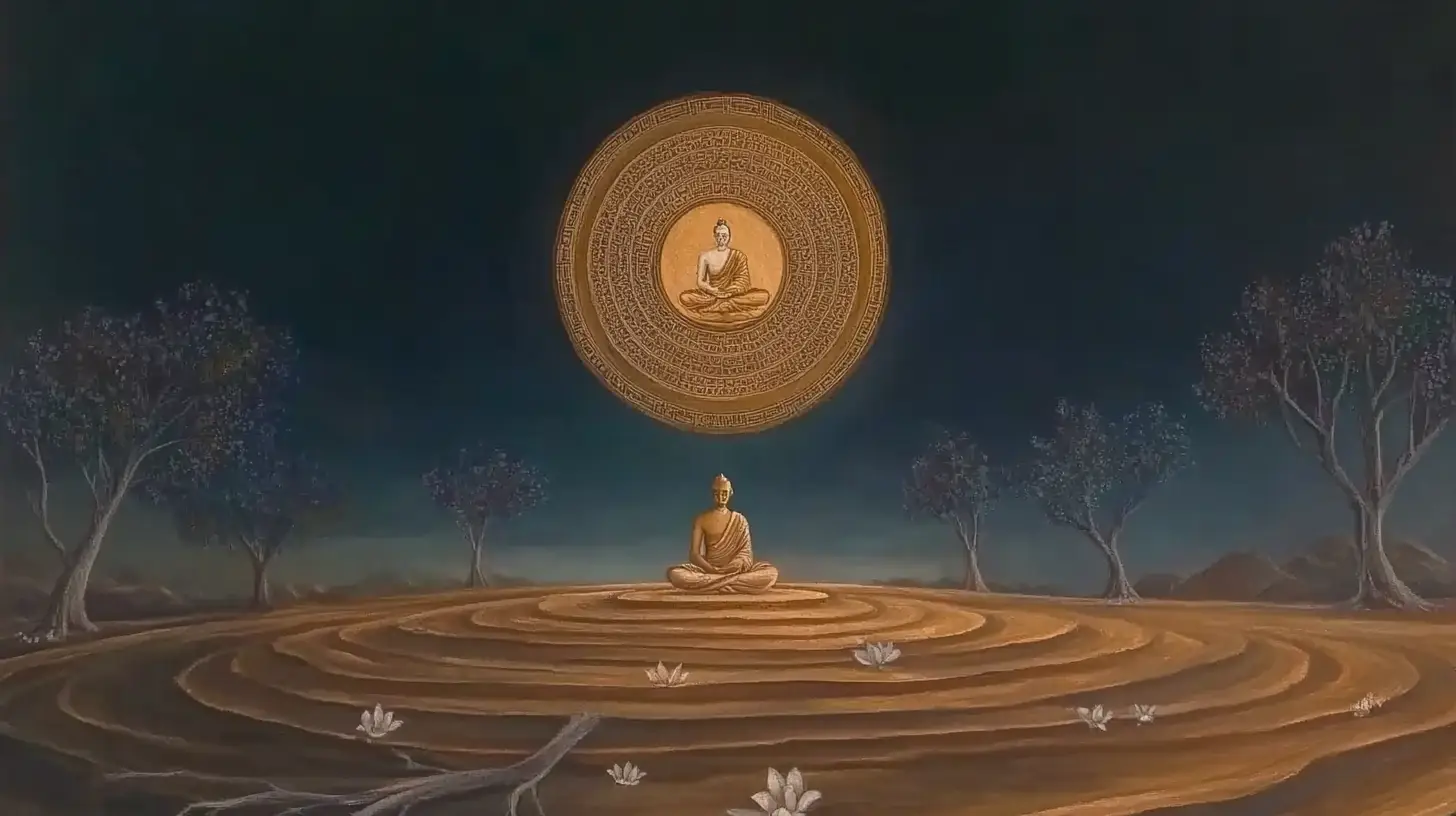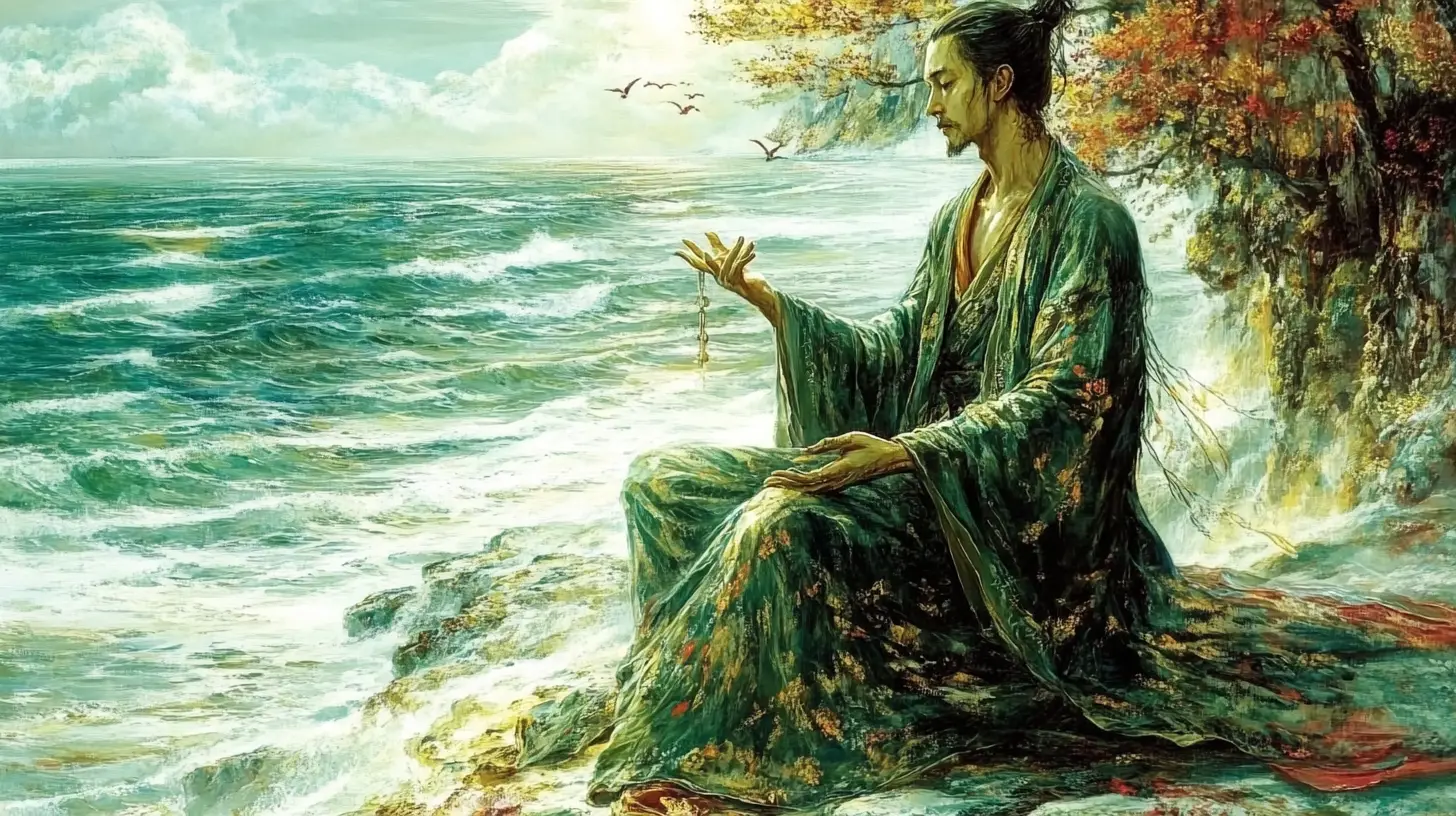In the I Ching, Hexagram 3, Difficulty at the Beginning, represents the struggles we often face when starting something new. These challenges are not barriers but vital experiences that lay the groundwork for growth and transformation. For Elena, a user of the AI Ching app, this hexagram became a guiding light during one of the most challenging transitions of her life.
The Tao Te Ching, attributed to Laozi, remains one of the most profound and enduring works in ancient Chinese philosophy. This classic text has influenced countless spiritual and philosophical traditions, providing insights into the nature of the universe, the flow of life, and the pursuit of inner peace. In this article, we’ll explore how reading the Tao Te Ching can open doors to ancient wisdom, offering valuable lessons that are still relevant today. Whether you’re new to the Tao or revisiting it, this exploration promises fresh perspectives and practical insights for living a balanced, mindful life.
In the I Ching, Hexagram 2, The Receptive, symbolises the gentle strength of yielding and the wisdom of allowing life to flow naturally. This energy invites us to release control, trust the unfolding of events, and find peace in surrender. This is the story of Anna, a user of the AI Ching app, who discovered the liberating power of letting go through her journey with The Receptive.
A user shares how, by aligning with The Creative’s energy, they transformed their vision into reality. The story explores how setting clear intentions allowed them to break through personal and professional blocks, setting them on a new, purposeful path.
The I Ching, or the Book of Changes, is an ancient Chinese text that has fascinated scholars, philosophers, and scientists for centuries. As one of the oldest known books of divination, the I Ching—also referred to as the Yijing or I-Ching—serves as both an oracle and a guide to understanding the natural world and the cosmos. Yet, in recent decades, researchers have begun to explore surprising connections between the I Ching and modern scientific concepts. From the binary code that underpins computing to the fractal patterns in nature, the I Ching contains principles that resonate with various fields of science. In this article, we will delve into these intriguing intersections, exploring how the I Ching has influenced and intersected with modern science and what this means for our understanding of the universe.
The I Ching, also known as the Book of Changes, is an ancient Chinese text that has been used for centuries as a tool for divination and understanding the world. But what does the I Ching say about predicting the future world? In this article, we’ll delve into the wisdom of the I Ching, exploring how this profound oracle can offer insights into our current situation and guide us toward a better understanding of what lies ahead. Whether you’re new to the I Ching or looking to deepen your relationship with this ancient book of wisdom, this comprehensive guide is worth reading.
The I Ching, also known as the Book of Changes or Yijing, is one of the world’s oldest and most profound texts. Rooted in ancient Chinese philosophy, it serves as an oracle for divination and guidance. Over its three thousand years of existence, the I Ching has inspired numerous interpretations, translations, and commentaries, making it a compelling subject for those interested in self-discovery, spirituality, and decision-making. But with so many ching books available, what are the best resources for interpreting the I Ching?
The I Ching, or Book of Change, is a cornerstone of Chinese philosophy and an enduring source of wisdom and guidance. This ancient text has captivated minds for millennia, offering profound insights into the nature of the universe and human existence. While some may mistakenly refer to it as the “I Ching Ching,” the correct name is simply “I Ching.” In this article, we delve into the intricacies of the I Ching, exploring its historical context, structure, and relevance in modern times. Whether you are a seasoned practitioner or a curious newcomer, this comprehensive guide will deepen your understanding and appreciation of this timeless oracle.
Taoist meditation, a practice rooted in ancient Taoism and Daoism, offers a unique pathway to mindfulness and inner tranquility. This article explores the essence of Taoist and Daoist meditation, providing a comprehensive guide to its principles and techniques. Whether you are new to meditation or seeking to deepen your practice, this guide will illuminate the transformative power of Taoist meditation and why it is worth incorporating into your daily routine.

